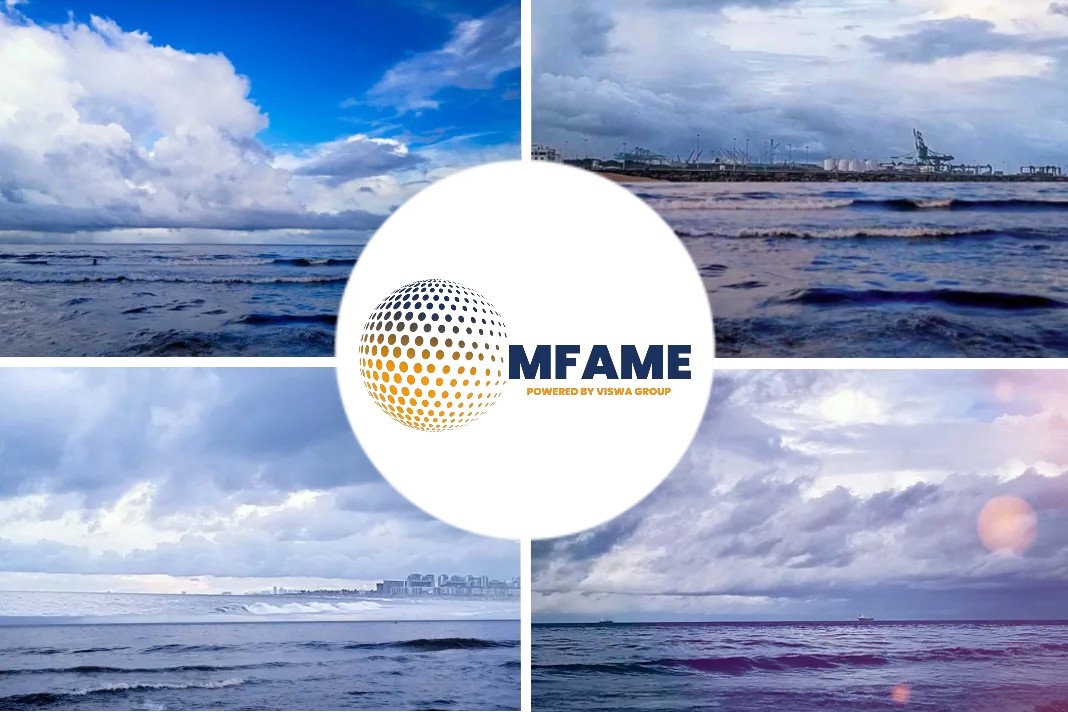- As Coronavirus scare escalates shipping urgently takes note of charterparty clauses.
- Quaranties delays and deviations have severe implications and need to be taken care of.
- off-hire and other such common wordings for regarding quarantine delay charter party clauses are crucial
- NOR and free pratique issues while traveling infected areas is needed
- Safe port warranty in case of unsafe port areas, port closure, etc. should be taken into account
- Force majeure for uncontrolled extraordinary circumstances should be another area of concern.
- Experts say the issues remain the same as it was when the SARS and Ebola outbreak happened.
- So far no international restriction is there for coronavirus but shipping should be prepared.
According to an article published in the Maritime Executive, the maritime law firm Hill Dickinson has advised that the shipping industry be prepared for potential infection of crew members and be ready to take quarantine measures including closure of ports, and possible repercussions on charterparty obligations as concerns about the Wuhan coronavirus escalate.
Disease Outbreak Issues in Maritime
Beth Bradley, a Partner with Hill Dickinson, says that shipping should be prepared to face the same issues that arose in previous severe disease outbreaks, such as with other coronaviruses or Ebola.
“While this outbreak is not currently anticipated to cause the global complications experienced by the Ebola and Sars outbreaks, it is wise for ship operators and charterers to be prepared for any greater spread of this virus,” she says.
Quarantine and Deviation
Delays caused by quarantines and deviations have a different impact under charterparties. In relation to the safety of the crew, employers have a duty of care towards the crew under their employment contracts, and a breach of such a duty may lead to exposure to a variety of claims.
Under time charterparties, when a vessel is delayed by a quarantine or is forced to deviate due to an infected crew member, the vessel may be placed off-hire, subject to the wording of the charter.
Common wordings of charterparties have been held to place the vessel off-hire due to legal or administrative restraints if they related to the efficiency or condition of the vessel or crew.
In spite of this, should the delay be the inevitable result of orders resulting from how the charterers chose to employ the vessel, the vessel may remain on hire. The outcome in each case will depend on the facts and the wording of the charterparty.
Under voyage charters, a deviation for the safety of the crew will be at the shipowner’s expense as no additional freight may be payable unless, under the Hague or Hague-Visby Rules, a “reasonable deviation” defense is successfully raised.
NOR and Free Pratique
In order to commence laytime under a voyage charterparty, owners need to tender a valid Notice of Readiness (NOR). For owners to do so, a vessel requires free pratique.
Absent wording to the contrary in the charterparty, everyday practice provides that a Master can give a valid NOR without having first obtained free pratique, provided that there is no reason to assume that it is anything other than a mere formality.
However, in cases of an outbreak, a vessel may be subject to quarantine delays, such that the assumption that the vessel will be able to obtain free pratique will not be a mere formality.
If a vessel is calling or has called in an infected area, special protective measures may cause delays until the health of the crew is ascertained. The risk of such delays until a valid NOR is capable of being tendered is borne by the owner, unless the charterparty provides otherwise.
Safe Port Warranty
Under a charterparty, charterers are under an obligation to nominate a safe port, an order with which the shipowners must comply with unless there is an unacceptable risk, or the port is known to be unsafe. Risks to the crew may render a port unsafe even where there is no risk of real damage to the vessel. Consequently, a contagious disease may legally make a port unsafe.
The safety of a port depends greatly on whether proper precautions and protective measures are in place to ensure that a vessel can call at the port without risking infection of its crew.
Such measures were taken during both the Ebola and MERS outbreaks, and numerous ports remained open despite being affected by the outbreak.
At present, the Wuhan virus is not at a stage where it may render a port unsafe, and the severity of the outbreak would need to escalate significantly before owners could reasonably refuse to call at scheduled or nominated ports on the basis of the ports being unsafe.
Force majeure
A standard force majeure clause suspends and/or terminates the contract on the occurrence of an extraordinary event beyond the parties’ reasonable control, which materially affects the parties’ ability to perform their contractual obligations. Such an occurrence should not reasonably have been foreseen or provided against.
John Agapitos, Hill Dickinson paralegal, adds: “At this time, there have only been internal transport bans affecting certain Chinese cities around the center of the outbreak. There has not yet been a travel ban to China or any other neighboring countries. It is unlikely that any given situation will fall within the scope of a force majeure clause, unless the wording of a particular clause is quite broadly drafted. However, if the outbreak escalates in the future and/or travel bans are imposed, questions of whether it amounts to a force majeure event may come to the fore.”
Did you subscribe to our daily newsletter?
It’s Free! Click here to Subscribe!
Source: Maritime Executive
















